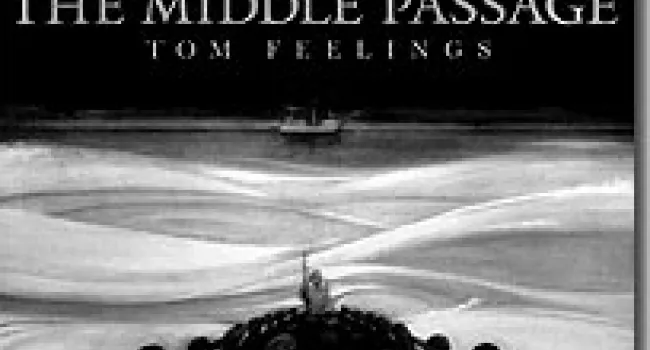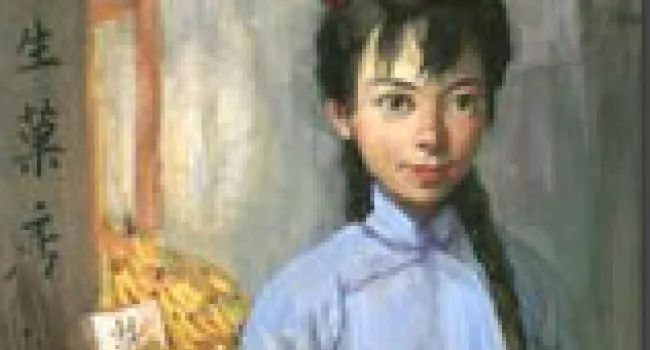
It is difficult enough to write a book in English, but can you imagine being able to write in two different languages? Author Ching Yeung Russell was born in China and her first stories were written in Chinese. After marrying her American husband, she realized that her husband and children could not read her Chinese books. She was inspired to learn to write in English.
Ching is the author of several children's books written in both Chinese and English. Many of her stories are based on her experiences while growing up in China. Ching now lives in Charleston, South Carolina and used this location as the setting for A Day on a Shrimp Boat. She continues to write books in both English and Chinese.
What advice can you give to our writers about writing fiction or non-fiction based on their own life experiences?
I try to think about the things I like the most, especially the things I feel are interesting and have meaning - like things that make me cry, laugh, make me so angry, and make me feel sorrow. And then I put myself completely into the event.
How have you done this in your books?
When I worked on my series about growing up in China - I actually had tears in my eyes because I put myself completely into the events. So all the people - my grandmother, my uncle, my cousin, my friends - all appear in front of me.
Because the books are aimed at children, I listened to my two sons' conversations so it sounded more like children talking.
You started off writing in Chinese, but now you are writing in English. How different is the writing process from Chinese to English?
There are a lot of differences between writing in Chinese and English. When I write in Chinese, I don't need to think about the grammar, and I don't need to think about the letters I am going to use. But in English, I don't have a solid background. It takes me a long, long time to do it.
I put two dictionaries in front of me. One dictionary is for the English word and the second dictionary is the Chinese to English dictionary. Then I have to read it out loud to see if it sounds like English, like English - English, not Chinese - English.
If students were writing today about a different culture, what advice would you give them?
The best thing for a student who wants to write about another culture is to do a lot of research before you start to write. The best way is to live with them to get an intimate look.
About twenty or thirty years ago, I heard a story about a young boy. He helped his family collect latex rubber in Malaysia. It was a wonderful story, but I could not write it because I'd never seen rubber tree. I had never been to a plantation, until I went to Malaysia in 1997. I stayed with a family who make their living by collecting latex.
I got up at one o'clock in the morning to go to the plantation with the family. I got first hand experience collecting latex and also shared in their everyday life. So that is why I was able to write a definitive story.
So for the student, doing a lot of research makes the writing sound authentic.
What advice can you give to our students who are beginning writers?
In the beginning, the important thing is to read. Read a lot to understand how the language flows. And you have to practice. You have to write almost every day. The best way is to keep a journal - but don't write on loose paper because you may lose it. Later on that journal may become a great, great novel!
The important thing is to believe in yourself and never, never give up. I have tried more than ten years to try to write in English. Everybody tells me why don't you go back to writing in Chinese - I told them I know that I can write it and I know that my story is interesting - that is why I try harder and harder.










